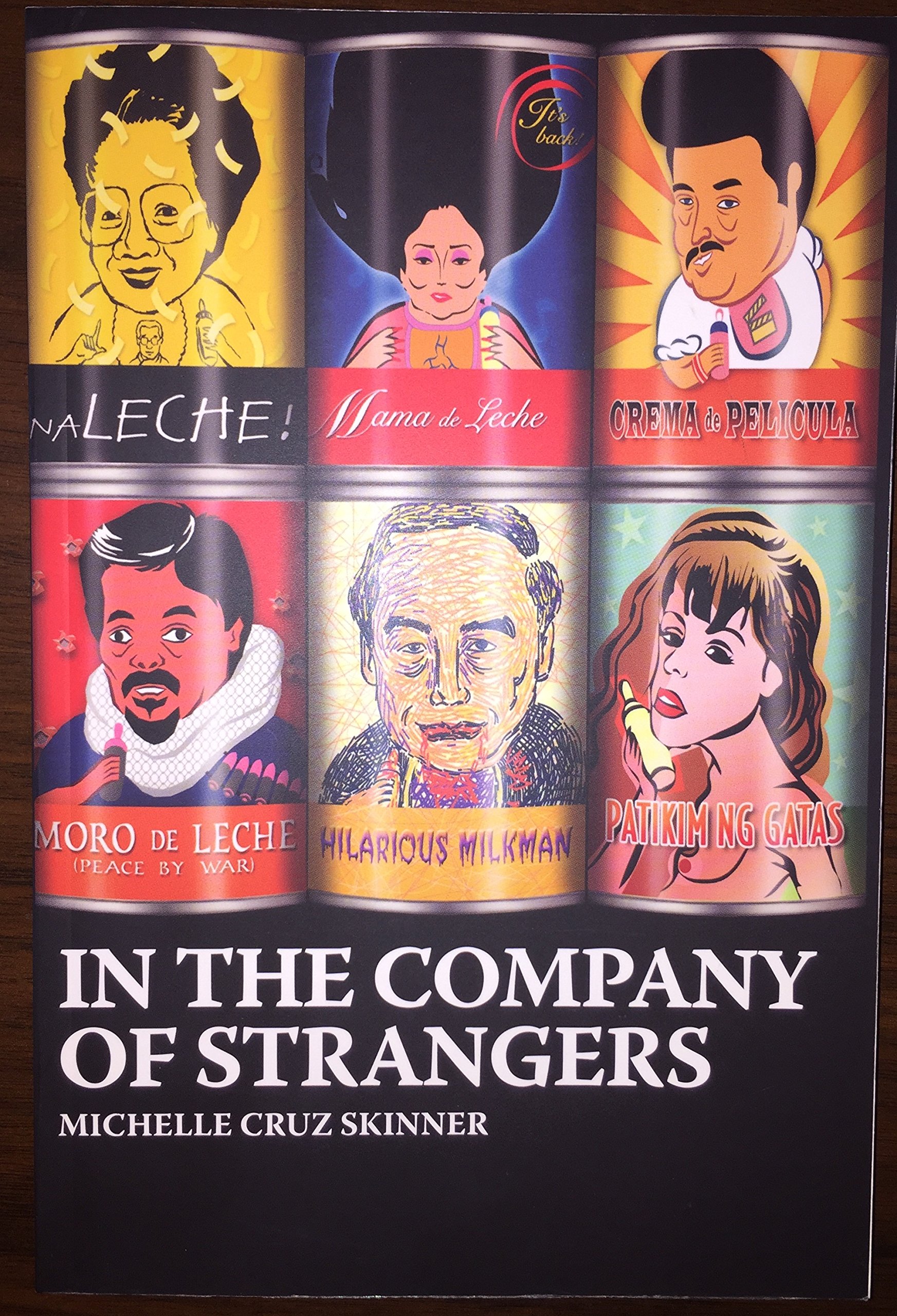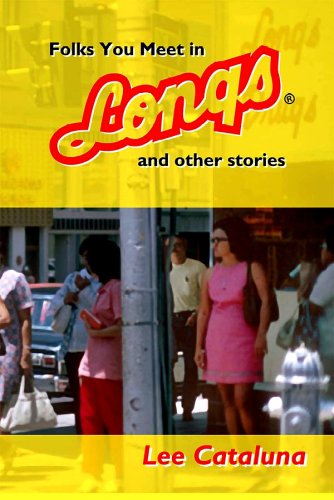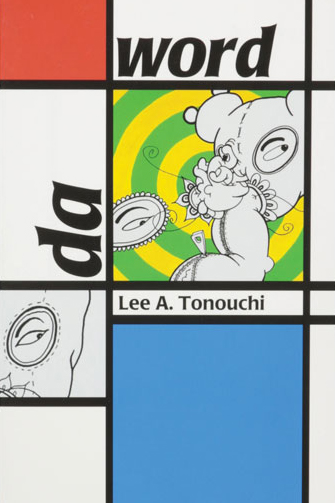In the Company of Strangers
33% off cover price!
$18.00 Original price was: $18.00.$12.06Current price is: $12.06.
Sixteen deceptively simple stories comprise Michelle Cruz Skinner’s much-anticipated follow-up to Balikbayan and Mango Seasons, many of them about Filipinos tongue-tied and alienated in the motherland, or scattered across the map of heartaches and homesickness in the company of strangers called countrymen, family, lovers. A book of quiet gems definitely worth the wait.
—R. Zamora Linmark, author of Prime Time Apparitions and The Evolution of a Sigh
| Author | |
|---|---|
| ISBN | 910043817 |
| ISBN-13 | 978-0910043816 |
| Year Published | |
| Number of Pages | 180 |
| Weight | 10.4 oz |
| Dimensions | 8.8 × 6 × 0.4 in |
Michelle Cruz Skinner teaches at Punahou School. She was born in Manila and raised primarily in Olongapo City, Philippines. A short story from her first collection was selected for the PEN Syndicated Fiction Project and her second book was nominated for the 1996 Philippine National Book Award. Her work has been adapted for stage and public radio and she has read extensively at universities and conferences, both in the Philippines and on the mainland.
"Cruz Skinner, who now lives in Honolulu, has won acclaim inside the Fil-Am literary community for her sharply observed tales of everyday life, but with the exception of a choice award nomination or two, she has remained under the radar even for most of the highbrow literary crowd. Here’s hoping Cruz Skinner’s most recent collection, In the Company of Strangers, will change that. With stories ranging from the heart of Manila to the far reaches of the Filipino diaspora, this new collection is a true tour de force."
—from Ragnar Carlson's review, Honolulu Weekly 1/6/10
Reading it reminds you of some of your dad’s stories. How your grandfather used to walk door to door after work, selling sweet sticky rice steamed in banana leaves in order to pay your father’s school tuition. How your father used to get up early in the morning to feed the chickens. His mother sold the eggs in the market. How your father spent his first two years in the states working as a nurse’s aide, until he got his U.S. certification. These are the sorts of stories your father tells you when you ask for a new game for your Nintendo Wii.
— from “Ten Fold Path”
After they’d said goodbye, Sal walked slowly down the stairs, not even holding his nose. He had grown accustomed to the smell, he realized. But his knees still ached by the time he got to the bottom. At the front door, he paused, thinking through the words he might use to explain what Cely wanted. He didn’t even know how the Italian man looked or what his name was. Sighing, Sal fingered the rosary in his pocket, for luck, and opened the door.
— from “The Company of Strangers”
There is something of their frugality, their inability to waste in me. I often have two huge bags of cans and bottles and other plastic ware for recycling sitting in my kitchen. Every time I need to get a plate or spoon or mug, I have to shift the bags around. By my front door are piles of newspapers and my children’s old, graded homework papers and school flyers. On top of those are corrugated boxes and egg cartons. “We don’t have to recycle everything,” my husband tells me. “If you throw it in the trash it goes to the H-Power plant,” which is where the trash is burned to generate electricity. But I always thought burning trash, which we had to do in Olongapo because of the irregular garbage collection schedule, was polluting. And if everything is burned, why is there a landfill near my house?
— from “The Old Man’s Head { A Memoir }”
The essential subject of these captivating stories is memory, but memory filtered by what cannot—or even should not—be said. The corrosive effects of a secret history, the burdens of understanding, are limned through stories both spare and lyrical. In a way, these stories tell a kind of love story: the love of a daughter for a heritage that, even while suppressed or denied, can never be erased.
—Marianne Villanueva, author of Ginseng and Other Tales from Manila and Mayor of the Roses: Stories
Michelle Cruz Skinner shows us again that exile sometimes captures the body and sometime the heart; she writes closely about love and life in a family and we see that distance, longing, and desire all can contribute to the things misplaced in translation.
—Ron Carlson, author of Five Skies and The Signal














